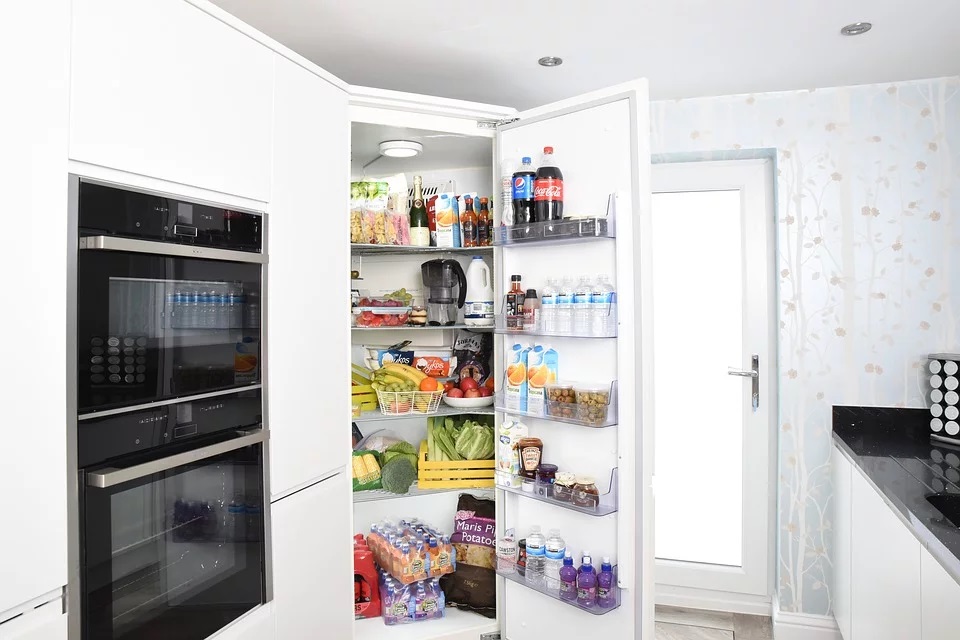
Whether you are looking for jerky packaging or frozen food packaging, flexible and eco-friendly options exist. Primarily, every company or small business should be leaning toward more environmentally ways to produce and ship their goods, regardless of your environmental beliefs. The fact is that consumers prefer businesses that are willing to try an ecological approach and demonstrate their social responsibility. However, beyond getting on the customer’s good side, flexible packaging at least five specific benefits to your logistical and production processes.
1. Reduce Carbon Footprint
Eco friendly packaging can directly reduce the carbon footprint of a company. By implementing the use of flexible packaging, you immediately reduce the number of needed materials, which means the CO2 emissions produced through production is also reduced. Also, the weight of your product will change, meaning production and shipping costs will be reduced as well.
2. Limit Material Use
Sustainable packaging processes also require less production work and materials. Therefore, when you choose flexible packaging for your business, you are also reducing water usage, solid waste, emissions, electricity and other natural resources, meaning that your company’s direct impact on the environment is cut with a straightforward decision to change your packaging methods.
3. Eliminate Allergens and Toxins
Some eco-friendly options are also non-toxic and allergy-free. While not all flexible packaging is considered biodegradable or made from bio-plastics, there are some options on the market. For consumers concerned about contaminants or how their food is packaged, seeing a biodegradable label will be a welcome sight.
4. Improve Logistics
The most significant economic benefit to using flexible packaging is found in the reduction of your logistical overhead costs. Products packaged using these materials will weigh less and take up less space than traditionally packaged goods. Therefore, you should see a reduction in your company’s freight and shipping costs. Beyond shipping, the reduced footprint also means that you have more freedom with where your product is displayed. Also, you can get more creative with your designs and displays to attract customer attention.
5. Increase Sales and Profit
While money may not be your only motivating factor for trying flexible packaging, it certainly offers significant benefits. First, you save on the back end through reduced production and logistic costs. Then you earn on the front end with more consumer engagement. Many customers want to help their environment. However, even for those who show little interest in environmental politics, they will likely be interested in packing that is portable and easy to store without taking over their cupboards.
Flexible packaging is more than a trend; it is a growing industry standard. As companies and consumers continue to turn to environmentally sustainable production options, you can expect to see more and more food manufacturers jumping into the eco-friendly packaging market. The positive effect on the environment and a company’s bottom line are too good to be passed up. Therefore, if you are interested in flexible packaging for your food-related product, then contact a packaging specialist to discuss the options that best suit the needs of the product.
